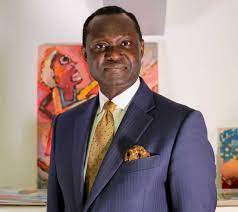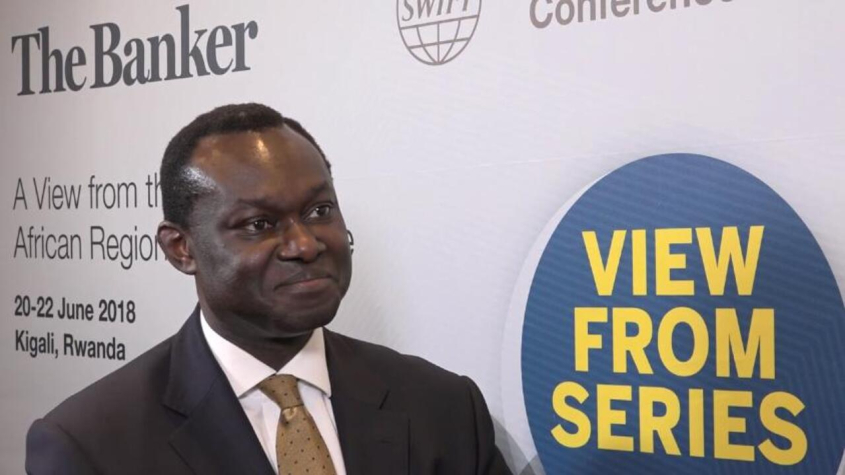Expert blames ‘lump-of-labor’ fallacy for discrimination of migrants in Africa
Prof. Gibril Faal, the Gambian multi-disciplinary business and development executive cum visiting professor in practice at the London School of Economics (LSE), has blamed the lump-of-labor fallacy for the fear and discrimination of African labor migrants in Africa.

The ‘lump of labor’ fallacy is the idea that there is a fixed amount of work to be done in the world, so any increase in the amount each worker can produce reduces the number of available jobs.
Prof. Faal, who made this statement at the 4th edition of the African Union Economic, Social and Cultural Council’s (ECOSOCC) expert webinar series on the AU Free Movement Protocol (AU-FMP), therefore called for massively countering the lump-of-labor fallacy with the popularization of stories about the positive contributions of labor migrants to the growth of the economies of their host countries.
“If I were to teach the African masses economics, I would focus on one topic: the lump-of-labor fallacy. This is because when you speak to people, they say labor migrants are coming to take over our jobs,” Prof. Faal bemoaned. “In reality, all these migrants—be they Senegalese fashion designers, Nigerian bankers, Beninese plumbers, or Basotho miners—are simply involved in productive activities that create jobs in their host countries, rather than taking away jobs.”
Faal, who is the co-founder and director of GK Partners, therefore described the notion that migrants take over jobs and prosperity as, akin to one cake of a certain size that gets reduced when more people have to share it, a mere fallacy. “When migrants come, they create jobs and make the cake bigger for the benefit of more people, including local people. So, we need to counter this fallacy through research on the contribution of labor migrants to the economic growth, heritage and development of their host countries.”
Thus, the LSE professor, who was one of the speakers at the 2016 UN Summit on Refugees and Migrants, described the reluctance of African countries to allow for labor migration as ‘odd’ and ‘childish’, considering the fact that there is no single African country without a significant population of labor migrants who have contributed immensely to the host country’s heritage and development.
“For instance, Senegalese fashion designers are well-known all over Africa, particularly for African women’s fashion. The African women’s fashion style is almost entirely Senegalese in origin and has been transported around the continent by Senegalese tailors. The reality is that the embroidery of the Senegalese design was originally brought to Senegal and The Gambia by Beninese artists, where it was localized and then exported to other parts of Africa,” explains the professor.
Faal, who was the Grand Rapporteur of the 10th Summit of the Global Forum on Migration and Development (GFMD), urged AU institutions to employ all necessary measures to get AU Member States to implement the Free Movement Protocol. He, however, cautioned against ‘forcing’ Member States to ratify and implement the FMP. Instead, he called for soft measures to make them see the value in implementing the protocol, such as differences in comparative advantage and the tangible benefits that labour migrants have brought to their countries
The webinar series is organized by ECOSOCC in partnership with the African Free Movement Consortium (AFMC), bringing together experts from the African Migration Development Policy Centre (AMADPOC), the African Foundation for Development (AFFORD) UK, and the Pan African Network in the Defence of Migrant Rights (PANiDMR). The series is being supported by the Deutsche Gesellschaft für Internationale Zusammenarbeit (GIZ), which implements its activities on behalf of the German Federal Ministry for Economic Cooperation and Development (BMZ).
















